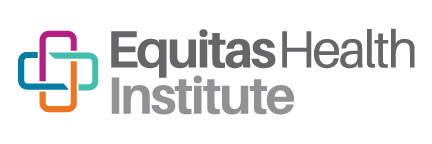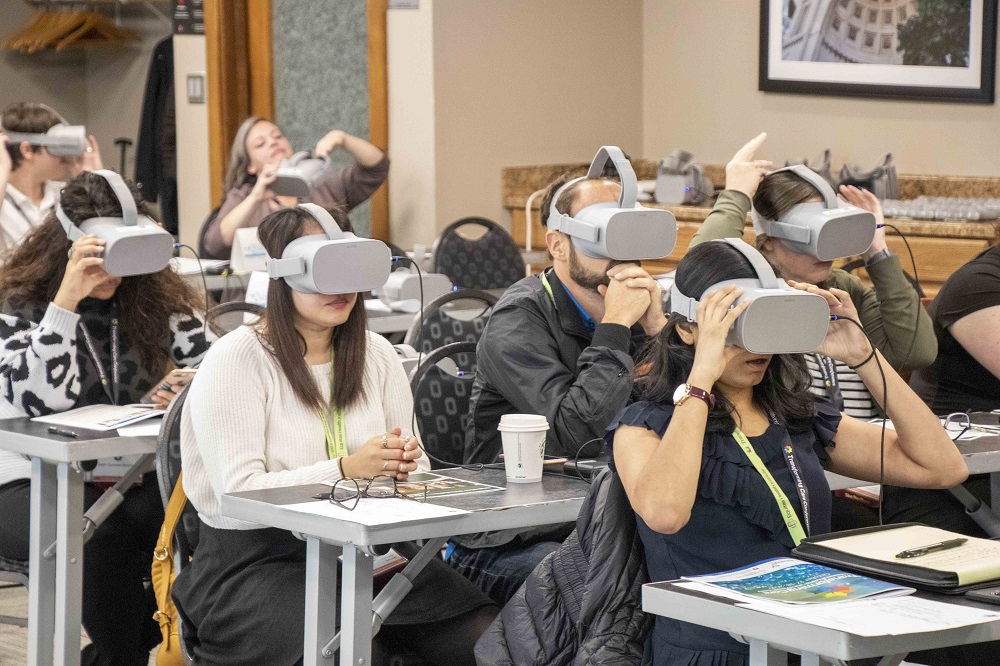Written by Rebecca Harris. Research Intern Why is it that LGBTQ+ individuals are invisible when it comes to understanding the burden and reasons for breast/chest disparities in their population? It is because they are invisible in the data. Although LGBTQ+ breast/chest health data does exist, there is a lack of specificity and inclusion in data collection. In other words, this important data could give answers to why LGBTQ+ folx experience breast/chest health issues at disproportionate rates. Sometimes in research, sexual orientation and gender identity (SOGI) data
Author Archives: Elisa Drewes
Lesbian-identified individuals face unique challenges that have direct affects on their health, so why is addressing these challenges such a radical idea? Our mixed method study explores the healthcare experiences of lesbian-identified people, combining quantitative survey data, qualitative “share your story” responses, and a focus group of sexual minorities of color. READ THE FULL STUDY
Equitas Health Institute is serving on the study team for a five year NIH funded study, Project RESIST, which is determining the effects of tobacco messaging and marketing on young adult sexual minority women. The Institute’s director, Julia Applegate, serves on the expert advisory committee for the study.
Equitas Health Institute received a grant in 2020 with Ohio University College of Osteopathic Medicine, Diabetes Institute, Dr. Elizabeth Beverly (Principal Investigator). The Institute will support Ohio University in the development of a Virtual Reality Curriculum introducing medical students and healthcare providers to LGBTQ+ and Trans-centered culturally competent care.




